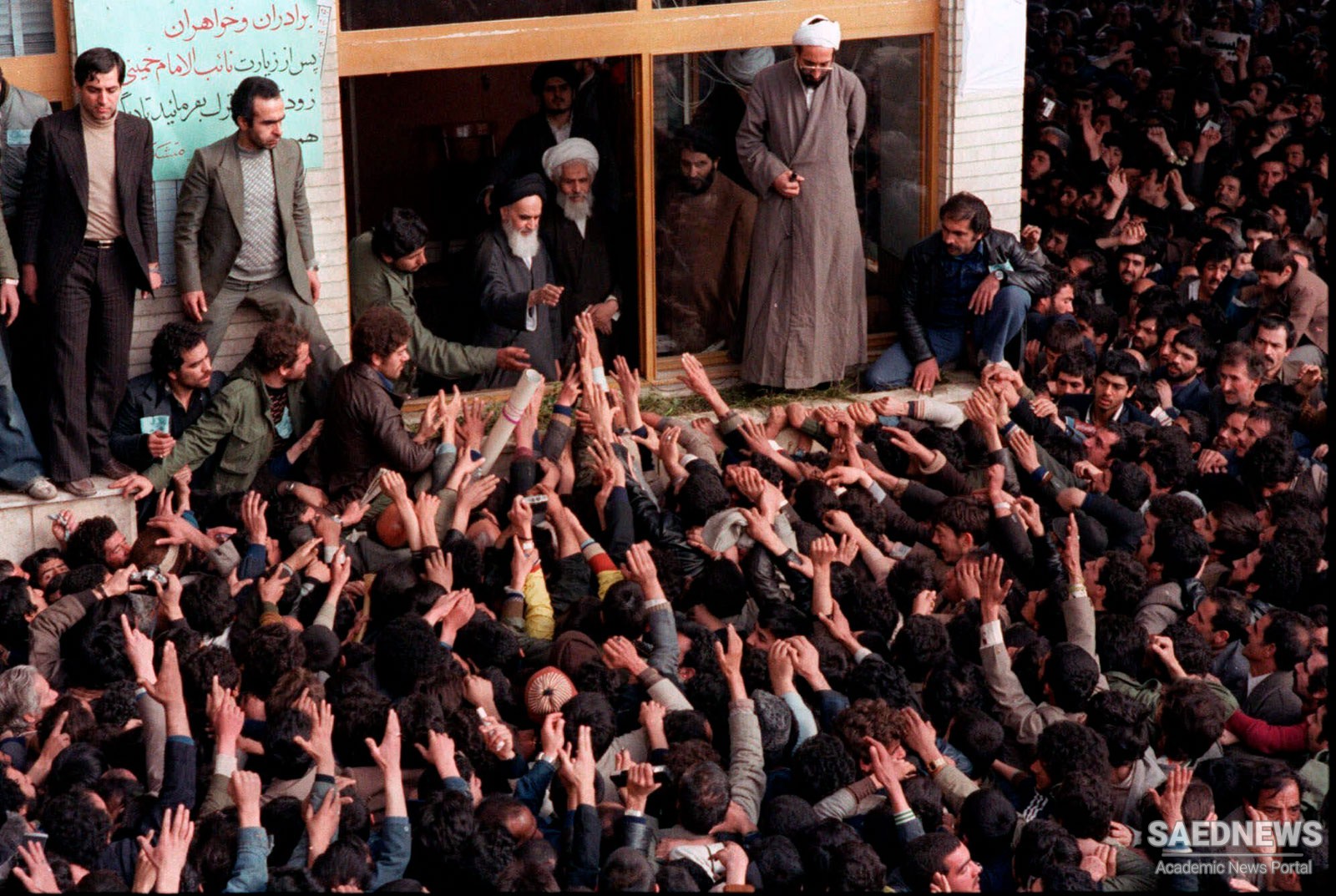Today, the fuqahā of Islam are proof to the people. Just as the Most Noble Messenger (‘a) was the proof of God the conduct of all affairs was entrusted to him so that whoever disobeyed him had a proof advanced against him so, too, the fuqahā are the proof of the Imām (‘a) to the people. All the affairs of the Muslims have been entrusted to them. God will advance a proof and argument against anyone who disobeys them in anything concerning government, the conduct of Muslim affairs, or the gathering and expenditure of public funds.
There can be no doubt concerning the meaning of the tradition we have quoted, although it is possible to have certain reservations about its chain transmission. Nonetheless, even if one does regard the tradition as being in its own right, a proof of the thesis we have advanced, it serves to support the other proofs we have mentioned. Another tradition that supports our thesis is the maqbūlah of ‘Umar ibn Hanzalah. Since this narration refers to a certain verse of the Qur’an, we must first discuss the verse in question as well as the verses that precede it in order to elucidate its meaning, before we go on to examine the tradition.
Verily God commands you to return trusts to their owners, and to act with justice when you rule among men. Verily, God counsels you thus, and God is all hearing, all seeing. O you who believe, obey God and obey the Messenger and the holders of authority from among you [i.e., those entrusted with leadership and government]. When you dispute with each other concerning a thing, refer it to God and His Messenger; if you believe in God and the Last Day, this will be best for you and the result, most beneficial. (4: 58-59)
In these verses, God commands us to return trusts to their owners. Some people believe that what is meant here by “trusts” is twofold: trust pertaining to men (i.e., their property), and those pertaining to the Creator (i.e., the ordinances of the sharī‘ah). The sense of returning the divine trust would then be implementing the ordinances of Islam correctly and completely. Another group of exegetes believes instead that what is intended by “trust” is the imamate. There is indeed a tradition that specifies: “We [the Imāms (‘a)] are those addressed in this verse,” for God Almighty commands the Most Noble Messenger (s) and the Imāms to entrust governance and leadership to their rightful possessors. Thus the Most Noble Messenger (s) entrusted governance to the Commander of the Faithful (‘a), who entrusted it to his successor, and each of his successors among the Imāms (‘a) handed it on in turn.
The verse goes on to say: “and to act with justice when you rule among men.” Those addressed here are the person who hold the reins of affairs in their hands and conduct the business of government not judges, for the judge exercises only a juridical function, not a governmental one. The judge is a ruler only in a limited sense; the decrees that he issues are exclusively judicial, not executive. Indeed, in forms of government that have emerged in recent centuries, the judges represent one of the three branches of power, the other two being the executive (consisting of the council of ministers) and the legislative or planning body (the assembly or parliament). More generally, the judiciary is one of the branches of government and it fulfills one of the tasks of government. We must therefore conclude that the phrase “when you rule among men” relates to all the affairs of government, and includes both judges and those belonging to the other branches of power.


 Jurists and the Redemption of Muslim Society
Jurists and the Redemption of Muslim Society














































